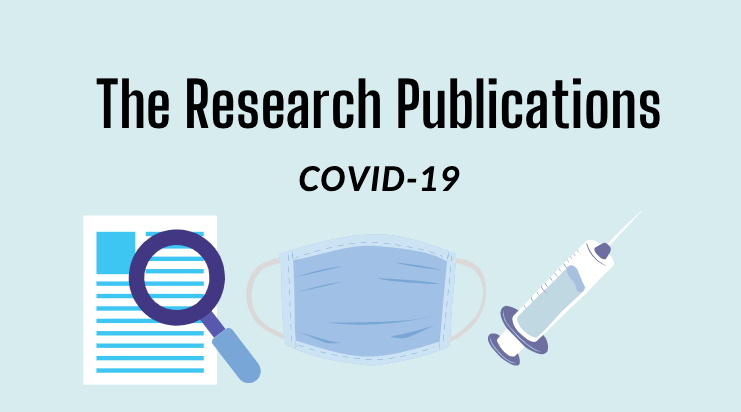The long term effects of COVID-19
The PV Student Publication has partnered with The Research Club to publish a series of research essays entitled “The Research Publications.” This essay explains the long-term effects of the coronavirus even after receiving negative test results.
(Editor’s Note: The PV Student Publication has partnered with The Research Club to publish a series of research essays related to topics of COVID-19. All research essays are written and fact-checked by members of the Research Club, and The PV Student Publication is rolling out these essays as a service to our community. This essay explains the long-term effects of the coronavirus even after receiving negative test results. This paper is written by seniors Daniel DeMilia and Madeleine Miller edited and fact-checked by senior Elise Schicker).
While many know of the respiratory impact of COVID-19, there are in fact a slew of symptoms that are experienced by those infected. Furthermore, many of these symptoms may continue long after receiving a negative test, on the upside of recovery.
To be specific, scientists are finding it rather difficult to study the long-term effects of COVID-19 since the virus is so new. As a result of this, scientists first found themselves studying the long-term effects of similar viruses, such as SARS. While only speculation, it is assumed that, similar to those who have recovered from SARS, those in recovery from COVID-19 will suffer from chronic fatigue syndrome.
While difficult to study the long-term symptoms, this process will only become easier as time progresses. As a matter of fact, the CDC is beginning to report that they are discovering symptoms such as fatigue, shortness of breath, coughing, joint pain, and chest pain remain with patients long after primary recovery, reportedly considered the ‘Long Covid’.
This same report shows that headache, muscle pain, and depression can also remain with the patient in the long term, among others. To add, while not as common, reports have also shown that cardiovascular issues may persist past primary recovery. In specific, also referenced by a secondary source, Healthline, these issues could result in thromboembolic disease, blood clots, or arrhythmias (an irregular heartbeat).
Other reports express the idea that COVID-19 has many long-term effects on the organs such as the heart, the lungs, and the brain. In regards to the heart, MayoClinic states that lasting damage to the heart muscle months after patients experience COVID-19, “may increase the risk of heart failure or other heart complications in the future”. More so, damage to the alveoli within the lungs can result in scar tissue which “can lead to long term breathing problems” while issues occurring within the brain “may increase the risk of developing Parkinson’s disease and Alzheimer’s disease” later on in life. While these effects will not be found in all individuals after experiencing COVID-19, they are still of course reasons for concern.
Furthermore, also regarding the brain, according to Harvard Health Publishing, a study conducted in Chicago, Illinois, gathered that “more than 40% of patients with COVID-19 showed neurological manifestations” towards the beginning of their infection. These neurological manifestations can oftentimes lead to cognitive disparities such as memory loss, attention deficits, and difficulties in various everyday activities.
Even though some people report little to no negative effect from COVID-19, this simply is not the case for all involved. Due to this, health organizations such as the CDC and the WHO continue to stress the urge for people to wear masks, stay six feet apart when possible, and always be cautious.













